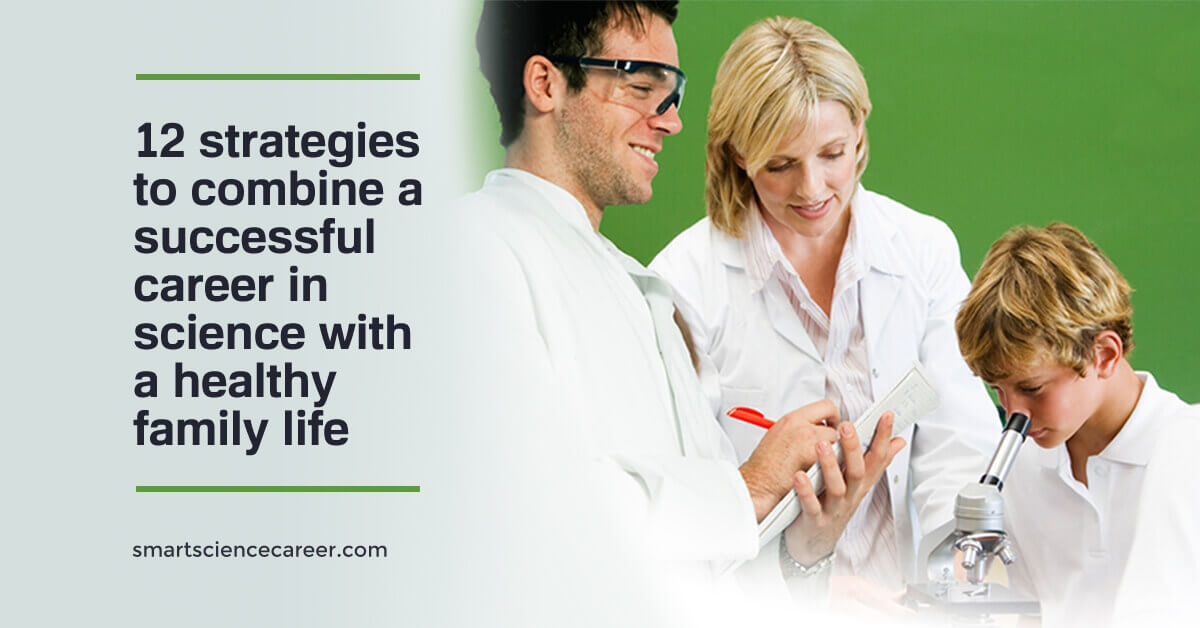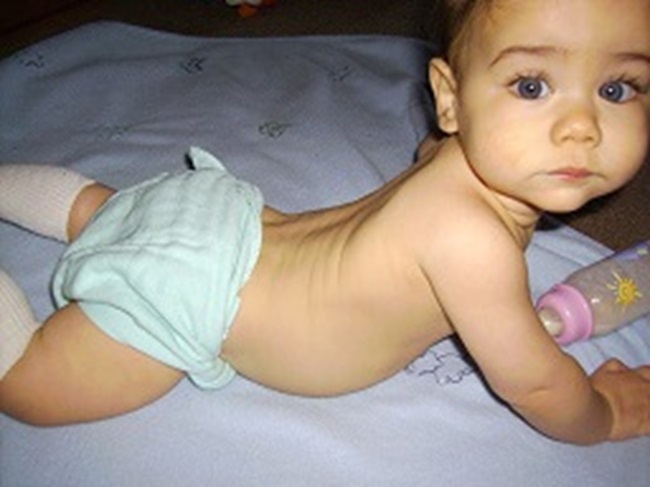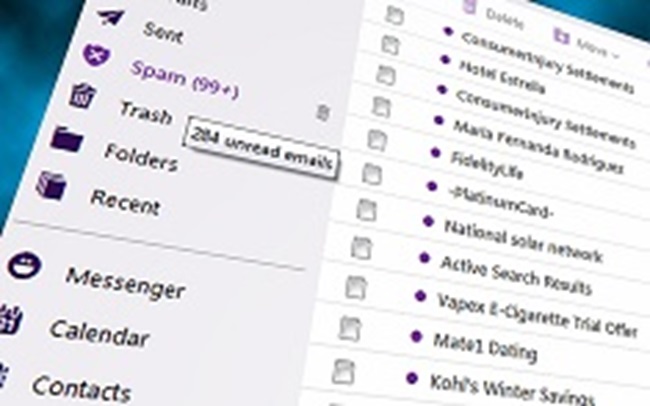12 strategies to combine a science career with a good family life
Many young parents in science have a strong feeling of guilt when they try to combine a successful scientific career with a healthy family life. However, there are many good examples of parents who succeeded. Integrate these 12 strategies into your life to enjoy your family and a career in science.
1. START TO DEVELOP THE ATTITUDE OF THE ‘GUILT-FREE PARENT’
I know this is easy to say and difficult to do. Nevertheless, when you decide to combine a healthy family life and a successful career in science, you must simply embrace the best time management methods that work for you and learn to handle the unavoidable feelings of guilt.
I found it very relieving to realize that my children learn many social skills in kindergarten, which they probably would not learn when they stayed home alone with their mom or dad.
I also realized that people are often much happier parents when their career is not sacrificed.
But people will push your soft spots and ask things like, ‘How can you leave your child the whole day in daycare? Don’t you miss her?’
Find true answers to these questions and answer with confidence.
Do not defend yourself. Just be transparent about your feelings of guilt. ‘Yes, sometimes it breaks my heart to leave my child in daycare.’
Congratulate people who spend more time with their children and ask how they organize their days. If the time with your child is limited because of work, make the time together real quality time.
Play, read, and watch TV TOGETHER! All the attention you can give counts! Even if you are late at home, read one bedtime story with your child for your private time that day.
Finally, identify the aspects of your life that give you the strongest guilt and change the most important ones.
2. GET A DOMESTIC HELPER
“It is better to let someone else clean the house than have someone else watch the kids.” If you can afford it, get a domestic helper to iron or clean your house and use your free time for your family.
3. PREPARE MEALS IN ADVANCE
For older children, preparing their meals one day in advance while they are sleeping may be a good idea. So the next day, when you arrive home tired from your job with angry hungry children, you can just get the meal out of the fridge and immediately eat.
In that way, you have more time for your children in the evening and can cook later without attention-demanding children in the kitchen.
4. DO NOT LET YOUR CHILD BE THE LAST PICKED UP IN THE KINDERGARTEN
When talking to many young parents, I realized that most parents feel very guilty when leaving their children for a very long time or until late in the hands of the nanny or kindergarten.
I realized that 15 minutes can make a big difference. When my daughter was waiting at 5:30 pm with tears in her eyes at the kindergarten fence as the last child to be picked up – it broke my heart.
When I came just 15 minutes earlier, she played wildly with other children and did not want to leave.
Sometimes, picking up your child late is unavoidable, but try to avoid it as much as possible by good planning and professional time management.
5. DO NOT BRING THE BABY TO THE LAB
Even as a full professor, I sometimes saw no option but to bring the baby to the lab because no babysitter was available.
A few times, this worked well, and the baby just slept while I had a meeting with external colleagues planned for months and could not be rescheduled.
However, when the baby is awake, it needs full attention, and you do not get anything done.
In a lab, in an animal facility, or in a dissection room, there are many dangerous chemicals and potentially infectious agents; thus, there is never an excuse to bring a child.
My older daughter does not mind spending hours in front of the computer and watching videos, but after three minutes, I already feel like a terrible parent and have the tendency to report myself to child protection.
Thus, organize childcare well in advance. This seems self-evident but needs some training :).
6. DO NOT WORK DURING WEEKENDS
One of the best decisions I ever made in my life was not to work on weekends anymore. This is more difficult as a PhD student or postdoc, but it becomes easier later in your career.
During my PhD and postdoc period, I spent many weekends in the lab instead of with my loved ones. This may work well for a while if your partner works also in the lab and you have a weird kind of ‘time together’ at the bench.
In the moment you have kids this does not work anymore.
I learned to eliminate most weekend tasks thanks to classical time management books such as First Things First by Stephen Covey, Eat that Frog by Brian Tracy, and Getting Things Done by David Allen. My current favorite time management book is Feel Goof Productivity by Ali Abdaal.
I realized that only a little planning and discipline are necessary to finish my important work during the work week. You can waste much time just being ‘busy’ by screening Pubmed, formatting your paper for the fifth time, etc.
Document precisely which activities are really productive and eliminate the rest. This will free most of your weekends.
Be careful to communicate this to your boss and peers.
Many colleagues I know have the attitude that’ weekends are for losers’ and young scientists have to stay in the lab 24/7 if they really want to make a career in science (whatever a successful career in science may mean to them and you).
However, it is a well-known fact that parents are often more productive and better organized in their work than their colleagues without children – because they have to be.
Just keep in mind: The only thing that counts for getting an attractive position and funding is your output – nothing else. It does not matter whether you reach your goals during your work week or 24/7.
Of course, specific weekend duties cannot be rescheduled, such as precisely timed experiments, animals that have to be checked daily, or unexpected deadlines – but these should be exceptions and not the rule when you decide to have a healthy family life and a successful career in science.
7. RESERVE THREE HOURS PER DAY FOR THE MOST IMPORTANT TASK
Every highly productive person I know follows this rule. You will be very productive when you reserve three hours daily for the most critical task.
I had to learn that even with the most sophisticated time management system, a typical workday is always filled with a lot of little urgent activities that are entirely unexpected and destroy your plans, such as
- ad hoc meetings due to surprising technical difficulties
- giving immediate support to crying or angry staff members
- sudden requests by collaborators who realized that their PhD student needs to submit their 33-page long paper within 48 hours to have the right to defend his thesis in time
- …
Well, you get the idea.
However, you will get a lot done if you start every day with three hours for the most crucial task without interruption.
Politely postpone non-urgent tasks. If someone wants to discuss items with you during this period, make an appointment later.
Reserve uninspiring work, such as answering emails or feeding data into data banks, for less productive periods, such as after lunch.
When you leave, you will feel that you have definitely done essential things and can now give your full attention to your family life.
8. DO NOT THINK ABOUT WORK WHEN YOU ARE TOGETHER WITH YOUR FAMILY
One of the biggest mistakes I made in the past was to think about work while I was with my children. I learned quickly that I did not get any work properly done because the children requested full attention, and at the same time, the children felt that dad was absent-minded.
This dilemma is very tiring. Thus, shutting down the ‘working mode’ and relaxing with your children is much healthier.
9. DO NOT CHECK YOUR EMAILS WHILE YOU ARE WITH YOUR CHILDREN
This point is closely related to the last one. Thanks to our mobile gadgets, we can check our emails under all circumstances. You may answer a few more emails – but you are mentally absent from your children.
I am convinced that it is not worth it.
The best strategy I learned is to check my emails only three times per day in a very effective way and leave the inbox untouched during the rest of the day.
I only check my email on my mobile phone during waiting times, e. g., in the supermarket, at the dentist, or when my wife is trying seven different pairs of shoes.
However, I never feel effective doing this.
10. SAVE YOUR WORK IDEAS ON YOUR MOBILE PHONE
This very simple trick allows you to keep your head free when being with your family. I get about 50 great ideas for future projects when I am with my children on the playground.
Somebody reminds me of a colleague I have to contact ASAP, and I suddenly want to send three emails, and the seven most urgent job requirements will meander through my mind.
Thanks to the helpful concepts in Getting Things Done by David Allen, I developed the discipline to quickly jot down these thoughts into one of the many to-do list apps, such as Todoist, which I have used for many years.
Now, I am sure I will copy these ideas to my to-do list on Monday and give full attention to my children because I know these ideas are saved.
Alternatively, you can use
11. DO NOT TRY TO BECOME SUPERMOM AND SUPERDAD
Accept the fact that you cannot be a perfect parent. Accept the fact that your child is in daycare. Congratulate yourself and your partner on how well you have organized your life as a ‘science family’ so far.
There are many websites about parenting. Check them out for ideas and realize that many other parents have similar experiences.
12. CHOOSE YOUR GOALS WELL
Make clear choices and accept the consequences with confidence. It is OK not to be awake 23 hours and to do your career-boosting extra work while the children are sleeping,
- … and to be a perfect partner who is sexy and well-trained (3-4 times workout per week for at least 30 minutes),
- … and to clean the house and to cook for the family
- …. and to participate in the local nightlife
- …. and to enjoy the current cultural highlights
- … and to travel regularly
- …. and to learn Italian
- … and playing the Ukulele
- … and …
Decide what you really want and postpone or cancel the rest.
If consciously done and discussed with your partner, this will lead to substantial relief and create a life you enjoy.
Acknowledgements
Thanks a lot to Annelies Bronckaers who added a number of important thoughts to a previous version of this text!
Recommended reading
The following articles may also interest you:
- Is being a professor worth it?
- What is tenure?
- Should I quit my postdoc?
- How long does it take to complete a doctorate?
- For how long should I be a postdoc?
- Should I Become A Professor? Success Rate 3 %!
- Am I good enough for a career in science?
- Will I find a job as a scientist?
- Am I doing enough for my scientific career?
- The emotional phases of your research project and PhD and postdoc stress
- Do I really have to work abroad as a scientist?
- Why salary matters in science careers





Thanks for the great blog! As a postdoc trying to get a tenured position with two very young daughters I experience the struggle for a healthy work-life balance on a daily basis. And although I already knew and tried to put in practice most rules, it gives me some peace of mind to know that other scientists have the same struggles and guilt feelings.
It was really nice to read this inspiring post. As a single parent and a young mother pursuing a career in science, I relate and agree with everything that I read. We need to keep focused on what is really important at home and at work, make good choices and never ever subside to guilt.
I have enjoyed to read the 12 strategies to combine a successful career with a healthy family. I would like to put forward my own experience. I am mother of 3 sons (the two last sons were twins) having reached the goals I have designed for my career. I have studied in France, Paris (I got my PhD there) and this was the worst period of my life although I have always felt that if I did not do it I could not reach my aims. I was already mother of the 3 sons and they stayed at home in Portugal with their father and a made. When you are discussing the feeling of guilty for not beeing always present, I should say that this sometimes is indeed a matter of reflexion. I tried to explain my sons right from the time where they could understand that their mother would like to be a scientist and as such it was needed to take some attitudes to improve my knowledge and get scientific skills and expertise. I had to call them every two days and visit them every month. It was the time of no skype, no emails etc those times were indeed difficult. I note now that my sons are proud of their mother and I don’t think they will blame me. They all followed their career, one is plant geneticist, one of the twins is Assistant Professor at the university of Coimbra and artist and the other one did law although he does not like but he is strong in many languages and likes History having done a master at the Univeristy College in London. I don’t know really if during those times I had some guilty feelings as I was compenetrated to work and learn the most I could. The kids like to share with their parents some responsibility. I had always a domestic helper and I still have because I prefer to do what I like and not to be responsible for cleanings etc. With respect to work during the weekends, this as mentionned sometimes we have urgent matters to take care of. Everything can be done with an excellent organization. This type of discussions are useful and required for the young generations. Being involved in FEBS with the Young scientist career I like to read your view points on these issues.